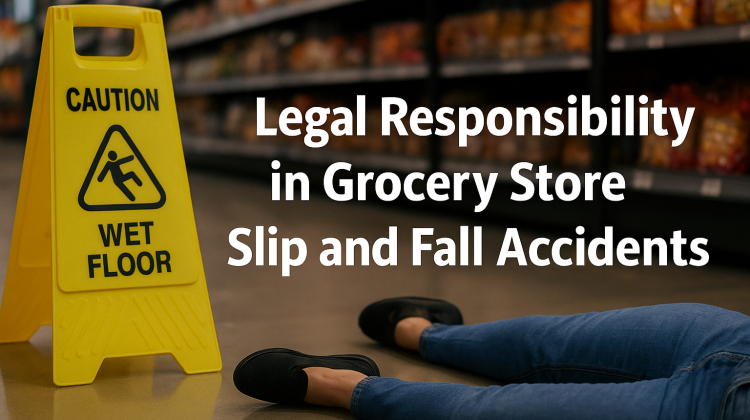When you’re injured in an accident caused by someone else’s negligence, the law in Texas allows you to pursue compensation for your financial losses and personal suffering. These are known as compensatory damages and include things like medical bills, lost wages, and pain and suffering.
In rare cases, courts may also award punitive damages, which are designed to punish especially reckless or malicious behavior. If you’re wondering how punitive damages work and whether they apply to your case, a personal injury attorney in Texas can help explain your rights.
What Are Punitive Damages?
Punitive damages, also called “exemplary damages” in Texas, are not meant to compensate victims but instead to punish wrongdoers and deter similar misconduct in the future. Unlike economic damages (such as hospital expenses) or non-economic damages (such as emotional distress), punitive damages focus on the defendant’s behavior.
For example, if a Texas driver causes a crash while drunk or a company knowingly sells a dangerous product, a court may consider punitive damages as a way to hold them accountable for their extreme disregard for safety.
Are Punitive Damages Allowed in Texas?
Yes, but only under very specific circumstances. Texas law, under the Civil Practice and Remedies Code § 41.003, allows punitive damages when there is clear and convincing evidence that the harm was caused by:
-
Fraud
-
Malice
-
Gross negligence
This is a much higher standard of proof than what’s required for compensatory damages. Because of this, punitive damages are not awarded often. Courts reserve them for cases where the defendant’s conduct goes far beyond ordinary carelessness.
Caps on Punitive Damages in Texas
Texas law also places strict limits, or caps, on punitive damages. The maximum award is generally the greater of:
-
$200,000, or
-
Two times the amount of economic damages plus an equal amount of non-economic damages, up to $750,000.
These limits are designed to prevent excessive or unpredictable awards. However, exceptions exist, for example, if the harm involves certain types of felonies like intoxication manslaughter, the cap may not apply.
When Might Punitive Damages Be Awarded?
Punitive damages may come into play in cases involving:
-
Trucking companies that ignore repeated safety violations
-
Corporations that cover up known hazards
-
Intentional acts of harm or fraud
It’s important to note that ordinary negligence, like failing to check a blind spot before changing lanes, usually will not qualify for punitive damages. The conduct must be extreme or intentional.
Why You Need a Round Rock Personal Injury Attorney in Texas
Because punitive damages require strong evidence and a higher standard of proof, having an experienced personal injury lawyer is essential. An attorney can investigate your accident, gather witness testimony, secure records, and build a compelling argument that highlights the defendant’s reckless behavior.
While punitive damages are rare in Texas injury cases, they are possible when a defendant acts with fraud, malice, or gross negligence. If you believe your case may qualify, don’t wait to seek legal guidance.
Firms like Dow Law Firm know how to fight for maximum compensation in Texas personal injury cases, including when punitive damages may be appropriate. If you’ve been harmed by someone else’s extreme misconduct, contact an experienced Round Rock personal injury lawyer who can help you understand your options and protect your right to justice.





No Comment